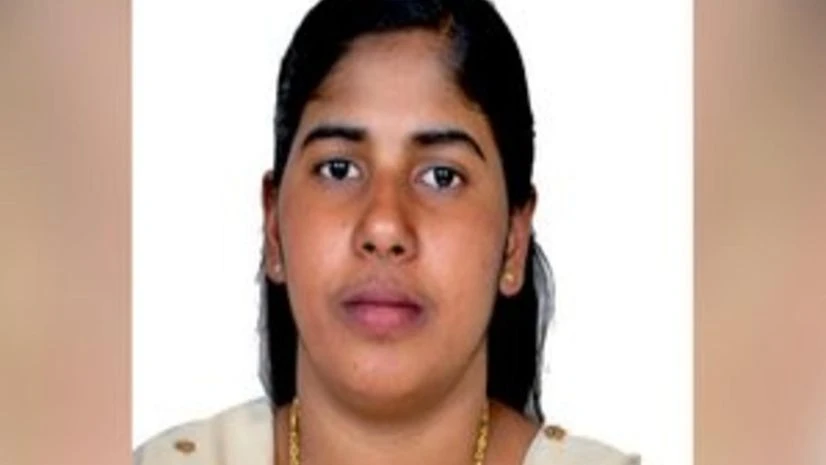Nimisha Priya, an Indian nurse from Kerala, faces death row in Yemen for killing a national in 2017. Yemeni President Rashad al-Alimi approved the death sentence awarded to Priya in 2018, and her execution is scheduled to take place within a month.
Notably, there are ways through which Priya could be saved. While most countries, especially democracies, have abolished the death penalty for murder and all other crimes, such a system is still part of countries run by Islamic Sharia law. However, the Quran also encourages forgiveness and compensation to the victim's family as preferable alternatives to retribution. This system is called 'diyya,' which loosely refers to 'blood money.'
What is ‘diyya’ or blood money in Islamic law?
In Sharia law, the victim's family is entitled to decide how the murderer should be punished. The murderer might be forgiven if he/she is repaid with 'diyya.'
The Quran states: "O believers! ?The law of? retaliation is set for you in cases of murder—a free man for a free man, a slave for a slave, and a female for a female.1 But if the offender is pardoned by the victim’s guardian,2 then blood-money should be decided fairly3 and payment should be made courteously. This is a concession and a mercy from your Lord. But whoever transgresses after that will suffer a painful punishment (Surah Al-Baqarah, verse-178)."
Also Read
However, the Quran does not set a fixed amount for blood money. The amount must be decided through negotiation between the families of the murderer and the victim. Some countries have decided a minimum amount for such payments.
Why is Nimisha Priya facing death row?
Nimisha Priya, an Indian nurse, began her medical career in 2008 and relocated to Yemen. In 2011, she married Tomy Thomas in Kerala, India, before returning to Yemen to continue her work. While Priya worked as a nurse, her husband was employed as an electrician. The couple aspired to establish their own clinic in Yemen, but Yemeni law required a local partner to operate such a business.
They sought assistance from Talal Abdo Mahdi, a Yemeni national who was a regular visitor to Priya's clinic. Mahdi developed close ties with the family, even attending the baptism of Priya's daughter in Kerala in 2015. However, after Priya returned to Yemen, her husband and daughter were unable to join her due to the ongoing Yemeni Civil War.
According to Priya's family and reports, Mahdi exploited her trust. While he helped open a clinic, he allegedly withheld all earnings for himself and reportedly forged documents claiming Priya as his wife. Her family also accused Mahdi of physically and sexually abusing her, confiscating her travel documents to trap her in Yemen and prevent her from contacting her loved ones.
In a desperate attempt to retrieve her documents, Priya, along with another nurse, Hannan, attempted to sedate Mahdi. However, they reportedly administered an overdose, which resulted in his death. Panicking, the two allegedly dismembered his body and concealed it in a water tank. They were subsequently arrested by Yemeni authorities.
What is the status of the case?
Right now, Priya’s mother is in Yemen, trying to stop the death penalty by negotiating with the victim's family by offering the "blood money."
According to a report in The Indian Express, the Indian government sanctioned the dispatch of $40,000 in November 2023 to initiate talks to release Nimisha Priya. Her family may have to pay $300,000–$400,000 to stop the death penalty. A group called the 'Save Nimisha Priya International Action Council' is raising money through crowdfunding for this purpose.
Subhash Chandran, the lawyer of Nimisha Priya, urged the Indian government to intervene in the matter. "If the family of the victim is ready to accept the blood money and pardon Nimisha Priya, so her life will be saved, we are still hopeful, but we need support from the GoI, MEA. We need their immediate intervention. We are ready to pay the amount. We don't need a single penny from the government, we are just requesting them to facilitate the negotiation as we are unable to travel to Yemen," he was quoted as saying by news agency PTI.

)